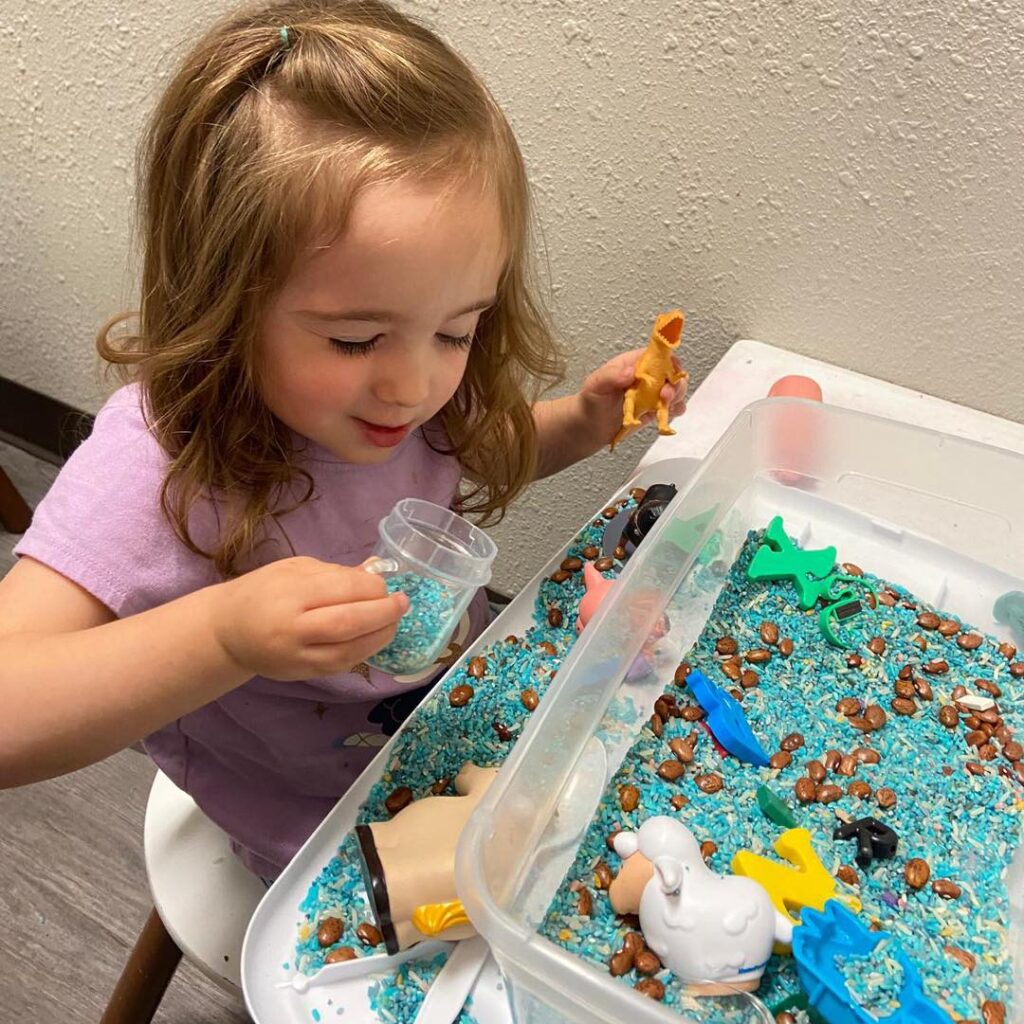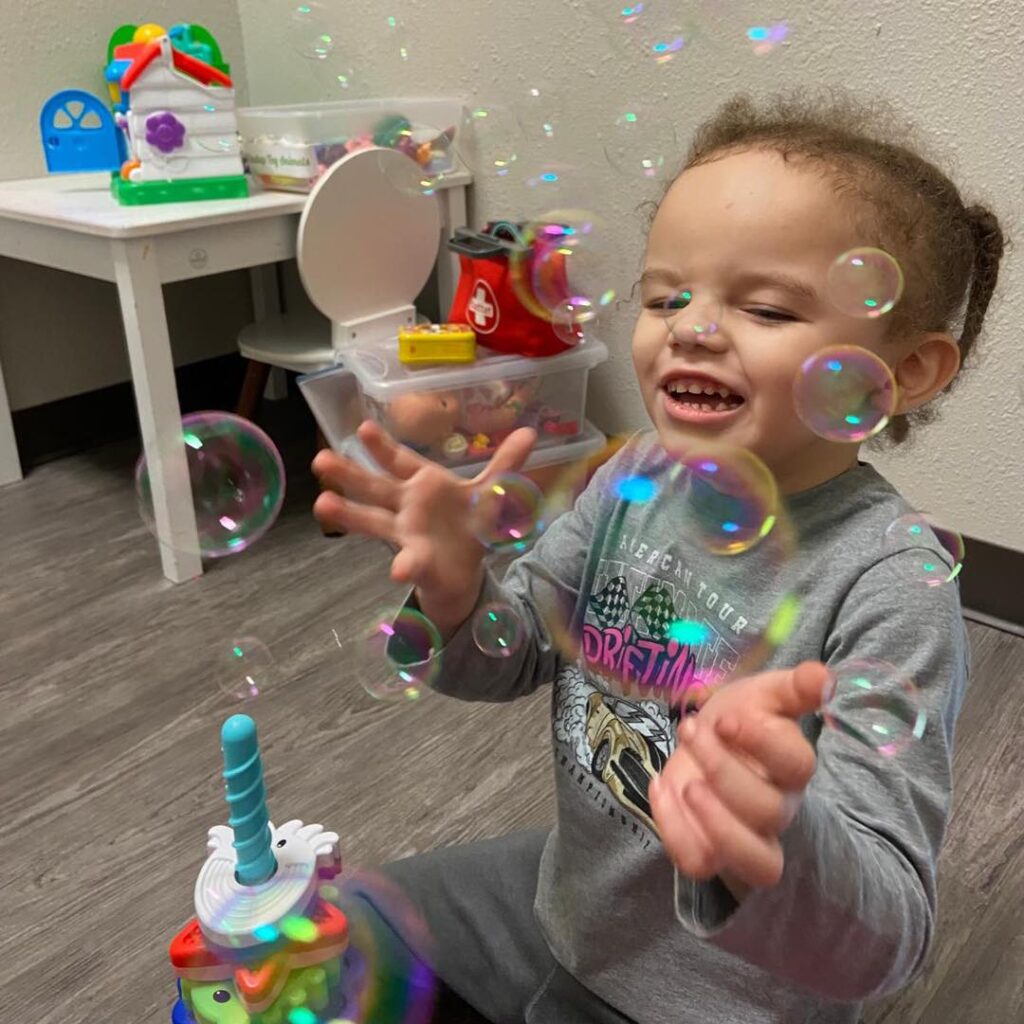Sensory Integration & Sensory Processing
Helping Kids Understand and Regulate Their Senses
We support children who experience challenges with sensory processing. Our occupational therapists use sensory integration techniques to help kids better understand how their body feels, moves, and reacts to the world around them.
If your child struggles with things like loud noises, certain textures, movement, or staying calm and focused, they may benefit from a personalized sensory-based treatment plan.

What Is Sensory Integration?

Sensory integration is a therapy approach that helps children process and respond to sensory input in a more organized and effective way. We take in information through sight, sound, touch, taste, smell, movement, and body awareness. When a child has difficulty processing these senses, it can affect everything from focus and behavior to emotions and physical coordination.
Our occupational therapists are trained to help children improve their sensory processing so they can better self-regulate, participate in daily routines, and enjoy the world around them.
Common Signs of Sensory Processing Challenges
Every child is different, but some common signs that may indicate sensory processing difficulties include:
- Always on the go or easily distracted
- Difficulty calming down or staying still
- Strong reactions to textures, tastes, or certain sensations
- Avoids activities like swinging, grooming, or messy play
- Clumsiness or poor coordination
- Upset by changes in routine
- Challenges with focus, behavior, or emotional regulation
How Occupational Therapy Can Help

Our occupational therapists use sensory integration techniques to help children better understand and manage their senses. Treatment is personalized and playful, designed to meet your child’s unique needs.
We often create a custom sensory diet—a plan of simple activities that provide the right sensory input throughout the day to help your child stay calm, alert, and focused.

Sample Alerting Activities
These help boost energy and attention when a child feels tired or unmotivated. They’re great before school, therapy, or transitions. Examples include:
- Riding a bike or jumping on a trampoline
- Fast, spinning swings
- Crunchy snacks like carrots or pretzels
- Playing with ice or cold water
Sample Calming Strategies
These help children relax and self-regulate when they feel overwhelmed. Examples include:
- Heavy work like animal walks or wall push-ups
- Gentle rocking or swinging
- Deep breathing with essential oils
- Drinking a thick smoothie or yogurt through a straw
Support That Grows With Your Child
Sensory processing differences can affect many parts of a child’s life, but with the right support, children can build the tools they need to thrive. If you’re noticing sensory challenges at home, we’re here to help you take the next step. Call us at (903) 793-6135 to learn more or schedule a sensory evaluation.
